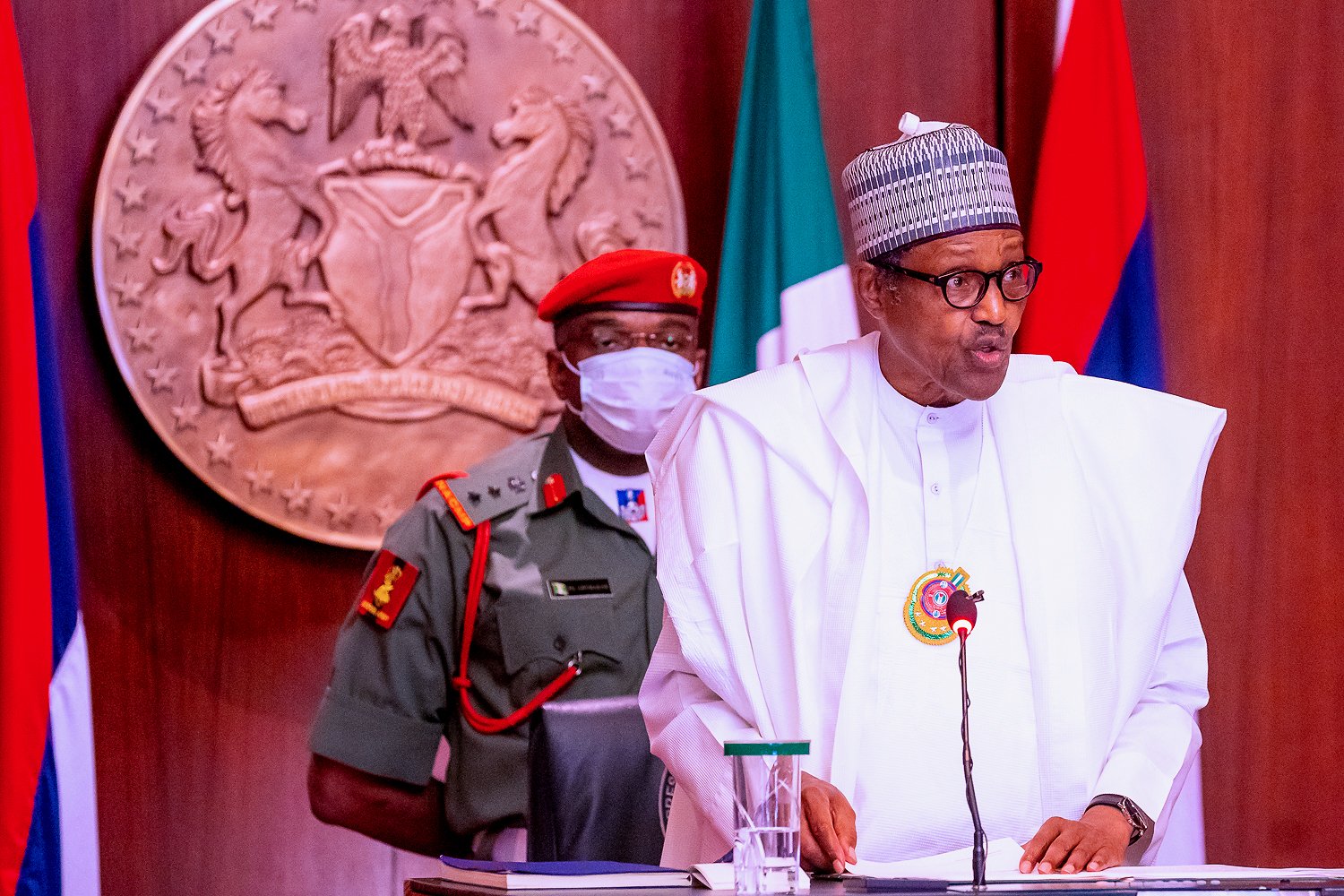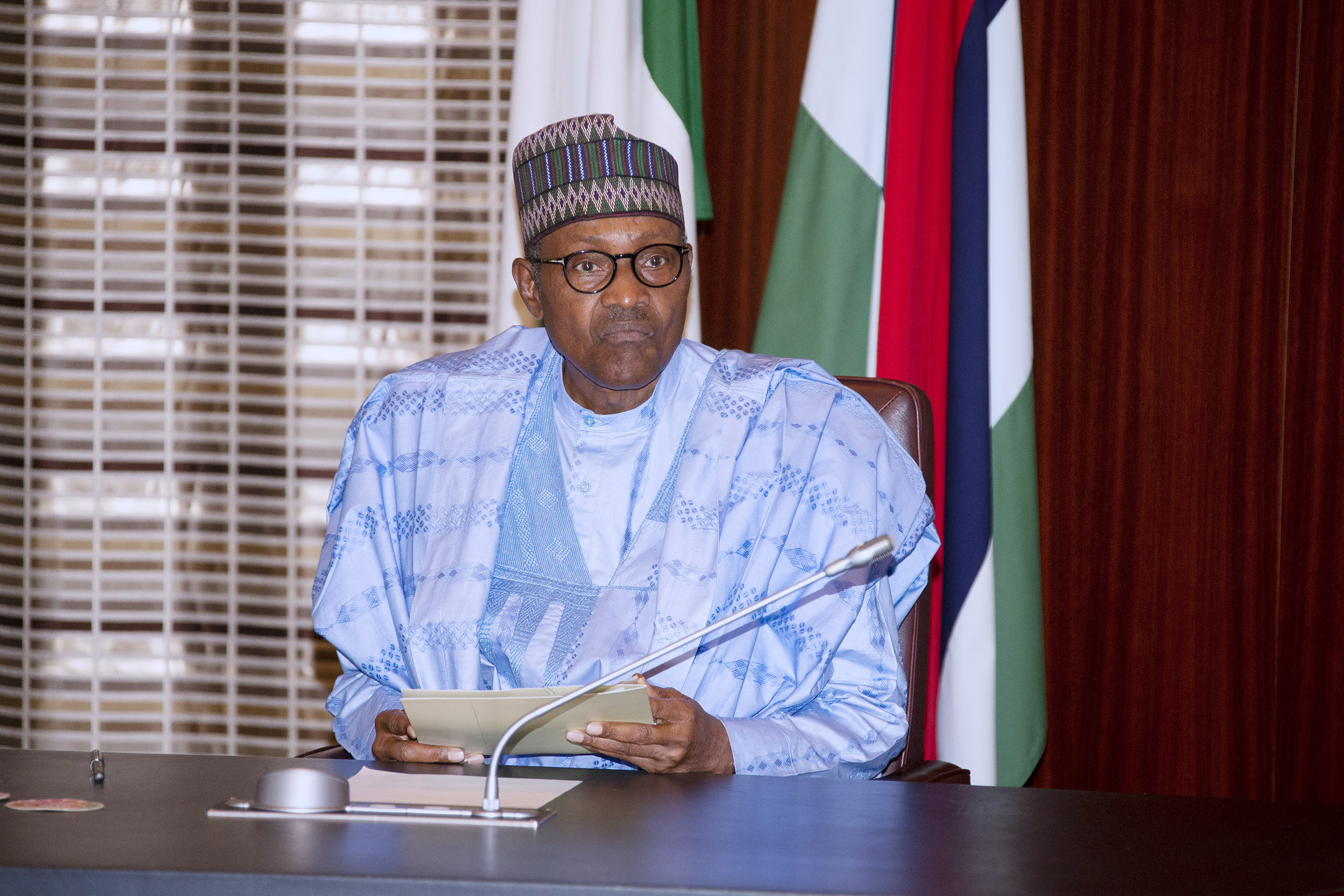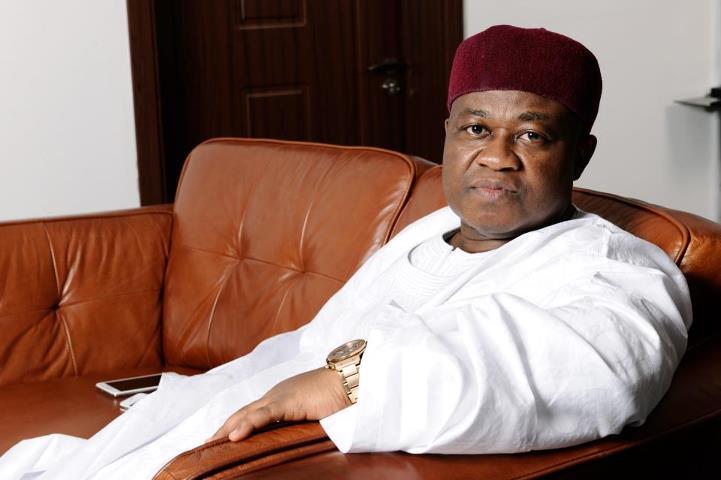Given the devastation and serious economic toll precipitated by the COVID-19, it is apt that the theme of Thursday’s 2020 International Human Rights Day found inspiration in the urgent need for a pandemic recovery process, which gives utmost importance to fundamental human rights. With the most resilient global economies struggling to mount an effective fightback against the virus, the 2020 theme, ‘Recover Better-Stand Up for Human Rights’, is a timely call to governments around the world, especially in the Global South, to anchor the fight against COVID-19 and its economic effects on the core principles of protection and promotion of human rights.
In his message to mark the day, UN Secretary-General Antonio Gutteres provided a number of points to ponder on. The first is that human rights violations harm us all. The second important point was around the universality of human rights and their inherent value in protecting everyone. Finally, he remarked how “divisive approaches, authoritarianism and nationalism make no sense against a global threat”. The clarion call for the protection of the civil, political, cultural and economic rights of citizens is particularly relevant in Nigeria where, in recent months, state actors have tended to give the impression that repressing citizens’ rights is the best way to project and exercise state power.
Citizens, already blighted by extreme poverty, and bad governance, were further squeezed by the economic effects of COVID-19. But the effects of the COVID-19 pandemic in the Nigerian context, are not just economic. The pandemic has worsened an already dire human rights situation. The combination of anger against bad governance, human rights abuses, and the lack of a mechanism to seek redress, combined to trigger recent street protests, which have become collectively known as the #EndSARS protests.
Even before the onset of the pandemic, the Nigerian authorities were struggling to convince the international community of its readiness to adhere to globally accepted norms, which guarantee, promote and protect the basic rights of citizens. In recent months they have come under intense scrutiny for their failure to ensure a safe space for voices of dissent demanding accountability and transparency in governance. This hostile environment has constrained civil liberties and fundamental freedoms is apparent in attacks on press freedom, the use of the legislative process to limit the work of civil society organisations, and the criminalisation of protests by the state. Although the government has continued to copy from its familiar playbook of repressing and clamping down on protests, the theme, and the clarion call of the 2020 International Human Rights Day is a reminder of a better road to travel.
Advertisement
The Nigerian authorities must come to terms with the fact that authoritarianism, repression and the jaded approach of wanting to whip citizens demanding governance reforms into submission is no longer effective. The government must consult more and actively listen to its people. That is the only way it can feel the pulse of citizens in order to reflect their concerns in the process of governance.
This mantra also ties in with the core theme of the 2020 Global Anti-Corruption Day – ‘Recover with Integrity to Build Forward Better’. The pandemic has underscored the urgency with which national actors – supported by international stakeholders – must work to curb the opaqueness, and the lack of transparency in the allocation of public resources. The unsavoury scenes of Nigerians defying the authorities to invade warehouses to take items stored away as palliatives were a reminder to every one of the importance of openness and accountability in conducting government business. If the people perceive that their leaders are engaged in underhand dealings their trust in the state to provide basic services for them will continue to decline.
Irrespective of what those who control the levers of power choose to do, Nigerians should be able to expect their government to protect and promote human rights. Nigerians also need a government, which will serve them with integrity, especially as the people clamour for measures to recover from the devastating effects of the pandemic. If Nigerian authorities can answer the clarion calls encapsulated in the interconnected themes of Human Rights and the Anti-Corruption Day they can make progress in this regard.
Advertisement
Views expressed by contributors are strictly personal and not of TheCable.







